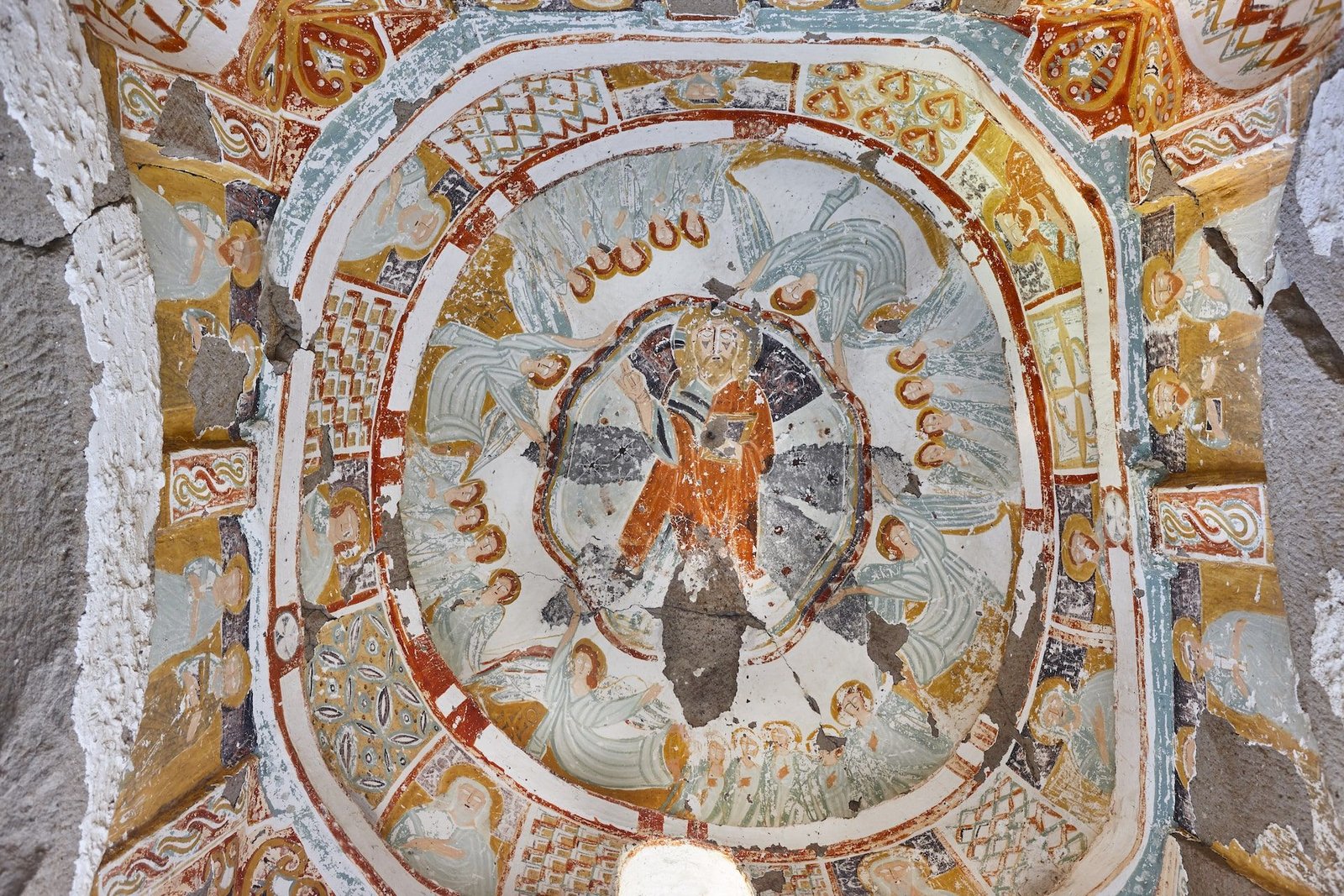Cappadocia is a region in Turkey known for its stunning landscapes, cave dwellings, and rich history. But did you know that Cappadocia is also home to some of the most fascinating mosaic art in the world? The art of mosaic making dates back thousands of years, and in Cappadocia, it has a unique style and history that is worth exploring. In this guide, we’ll take a closer look at Cappadocia’s mosaic art and where you can find it.
History of Mosaic Art in Cappadocia
Mosaic art in Cappadocia dates back to the Roman Empire, when the region was an important center of trade and commerce. The Romans were known for their exquisite mosaics, which they used to decorate their homes, public buildings, and temples. Over time, the art of mosaic making in Cappadocia was influenced by the local Anatolian culture and traditions, resulting in a unique style that is both beautiful and distinctive.
Where to See Mosaic Art in Cappadocia
There are several places in Cappadocia where you can see stunning examples of mosaic art. Here are some of the top sites to visit:
Goreme Open Air Museum: This UNESCO World Heritage site is home to some of the most well-preserved Byzantine-era churches in the region, many of which feature intricate mosaic art.
Karanlik Kilise (Dark Church): Located in the Göreme Open Air Museum, the Dark Church is one of the most impressive examples of Byzantine-era art in Cappadocia. The church is named for its dark interior, which helped to preserve its vibrant mosaics.
Cappadocia Art & History Museum: This small museum in the town of Avanos is home to a collection of mosaics, pottery, and other artifacts that showcase the history and culture of the region.
Selime Monastery: Located in the Ihlara Valley, Selime Monastery is an impressive complex of buildings and caves that dates back to the 8th century. The monastery features a number of well-preserved mosaics that are worth seeing.
Tips for Seeing Mosaic Art in Cappadocia
If you’re planning to visit Cappadocia to see the region’s stunning mosaic art, here are a few tips to keep in mind:
Wear comfortable shoes: Many of the sites that feature mosaic art require walking or hiking, so make sure to wear comfortable shoes.
Hire a guide: A knowledgeable guide can help you understand the history and significance of the mosaic art you’re seeing.
Bring a camera: Cappadocia’s mosaic art is incredibly beautiful and makes for some stunning photographs, so make sure to bring a camera or smartphone to capture the moment.
Conclusion
Cappadocia’s mosaic art is a testament to the region’s rich history and culture. From ancient Roman cities to Byzantine-era churches, there are plenty of places to explore if you’re interested in seeing this fascinating art form up close. With a little planning and some comfortable shoes, you can experience the beauty of Cappadocia’s mosaic art for yourself.




